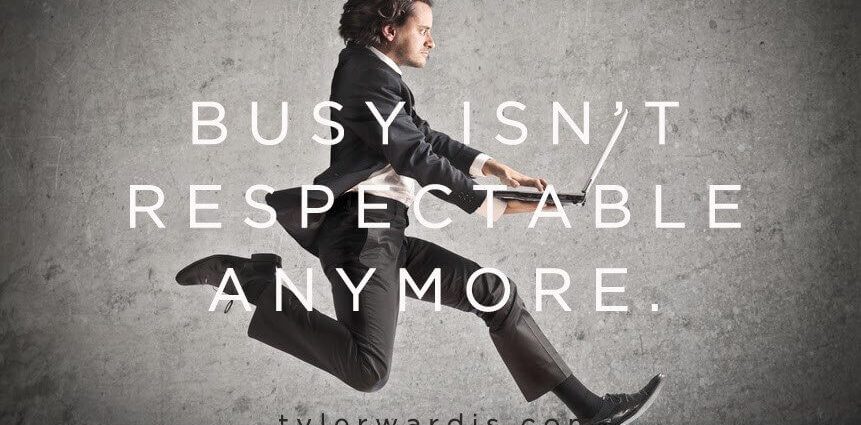There is an opinion in society that a person who has been shamed for some kind of oversight must necessarily realize his mistakes and want to correct himself. Psychotherapist Dana Belletier considers this method of influence destructive and offers a fundamentally different approach.
People who turn to a psychotherapist often find a common problem: they are sick of a certain part of themselves, so they want to change it, fix it, or better, destroy it. They describe it as «my stupid anxiety», «nasty depression» or «damned overeating habit».
They mercilessly scold themselves for any shortcomings and unhealthy inclinations, and, as a rule, it turns out that others criticize them for this. Someone comes, once again having listened to parental instructions “you need to overcome yourself”, someone was advised to “pull yourself together” by friends. They sit down in a chair in the hope of a miracle: to put an end to the shame that prevents them from living at once, and to become a different person. They are ashamed, and this is a very unpleasant feeling.
Analyzing her own experience, psychotherapist Dana Belletière came to the conclusion that those who try to shame us, even if for good reasons, are actually doing us a disservice. “I tried to remember if it ever happened that shame became an impetus for change for the better, but nothing came to mind. Instead, I remembered times when I was shamed, forced to correct or behave differently.
As a child, the father of a neighbor’s girl yelled at me for my inattention, snatched the stick we played from our hands, and broke it over his knee as a warning. In my youth, a friend ridiculed me for being confused in an unfamiliar company. A university professor of Spanish made scathing remarks about my «linguistic dementia.»
Suppose all this experience was given in order for me to improve. Alas, nothing happened. I didn’t become more attentive, I just stopped playing with a neighbor whose house was so uncomfortable. I didn’t stop worrying about trifles, I just decided not to communicate with that guy anymore. I didn’t rush to learn Spanish, I just left the course and chose a lesser-known teacher who believed in my natural abilities.”
Shame should be an incentive for gradual improvement, not a ruthless kick.
According to her, everyone has a million such examples. In our culture, for some reason, it is considered the norm to make a person who does not know or do not know how to feel as bad as possible, as if from this he will instantly become perfection. In fact, shame does not lead to change, but to fear.
Any spiritual leader, mentor, coach, or sociologist will tell you that fear is a bad motivator. Work on oneself is effective only if it begins with love, acceptance, patience and good intentions. Fear-driven change is short-lived—if possible at all. Sooner or later, everything returns to normal: the ashamed part of our personality again makes itself felt. Society needs to rethink the meaning of shame, because it teaches nothing and does not help in any way.
“When clients view themselves through the lens of shame, I suggest that they try to treat the part of their personality that they find disgusting more forgiving. If they judge her too harshly, I ask her to be softer so that she can “hear” us and stop feeling forced to change (because coercion does not motivate anyone),” the therapist explains.
This is the only way to understand what this part wants: clients come to it themselves, and then they manage to gradually “re-educate” it. This does not mean that she is allowed to dictate terms — it means that she is accepted and appreciated, and not at all ashamed. In our cultural climate, this way of bringing about positive change seems very unorthodox. But the process is based on self-respect, so its results are sustainable.
When a person realizes that internal transformation can and should begin with the acceptance of his imperfect «I», his attitude to working on himself changes radically. The shame that comes from ourselves, or caused by those we care about, should be an incentive for gradual improvement, not a ruthless kick.
About the Expert: Dana Bellettiere is a psychotherapist specializing in anxiety and eating disorders.










